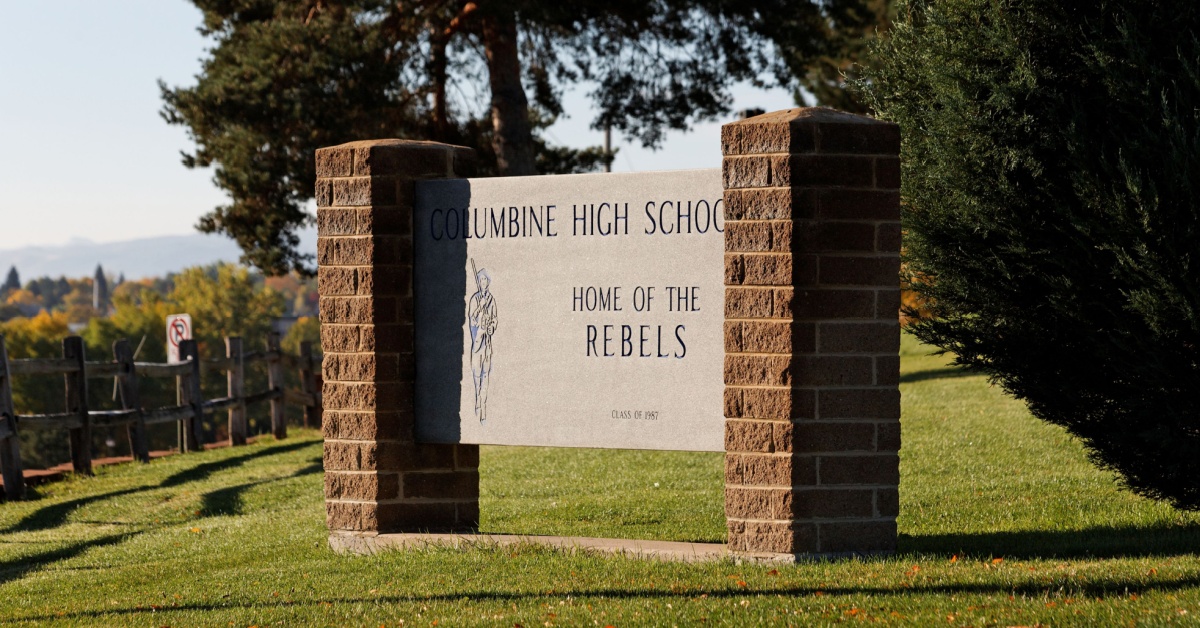June 11, 2022 | Tech Policy Press
Podcast: The current climate disinformation ecosystem is delaying urgent climate action
Jennie King, ISD’s Head of Civic Action and Education, and one of the author’s of Deny, Deceive, Delay: Documenting and Responding to Climate Disinformation at COP26 and Beyond, features in Tech Policy Press’ technology and democracy podcast.
Jennie, along with fellow Climate Change Coalition member Michael Khoo, discusses the climate disinformation ecosystem and how popular conspiracy narratives are only distracting and delaying urgent climate action.
When asked about the impact of disinformation in this context, where most people no longer deny climate change, but instead promote delayism beliefs, Jennie said:
“And I think it really shows how sophisticated and nuanced the evolution of anti-climate rhetoric and lines of attack is. There is clearly recognition amongst adversary groups that they lost the first battleground, which was trying to deny the reality of climate change as a problem writ large, or human impact on it and the need for urgent action. And as you said, there is now widespread evidence, including polls by UNDP that looked at 50 countries and millions of people, which says there is consensus. This is a real issue. It needs to be tackled by government led mandates and we want that to happen now. However, there is a huge gulf between winning that particular battle and the actual implementation of meaningful policies in line with the goals of the Paris Agreement and IPCC scientific consensus”.
She continues: “And that is where you see a lot of the information warfare taking place now. Is yes, you might have a wellspring of support and the basis for a public mandate in most countries around the world. But that doesn’t mean that there is a public mandate for the exact legislative agenda that needs to be passed at both the domestic and the multilateral level, or that people have any understanding of what the viable solutions are, going forward. And in reality, if you can coordinate campaigns or put enough information into the public commons, which stops policies from ever being passed, in a way that’s just as bad as never recognizing the problem in the first place. Because you end up in the same place, which is, well, we now know that it’s happening but we’re not doing anything about it”.
Full interview available here.
Coda Story also links to Jennie’s podcast interview in their newsletter on 17 June.



